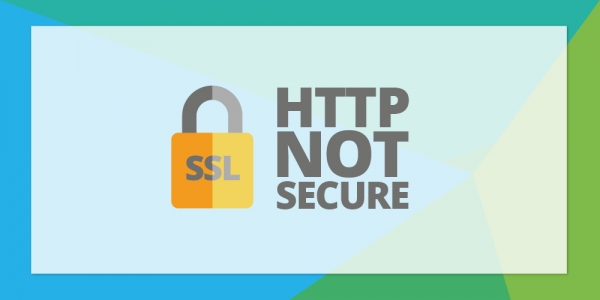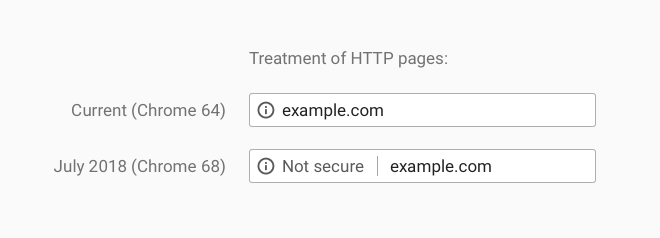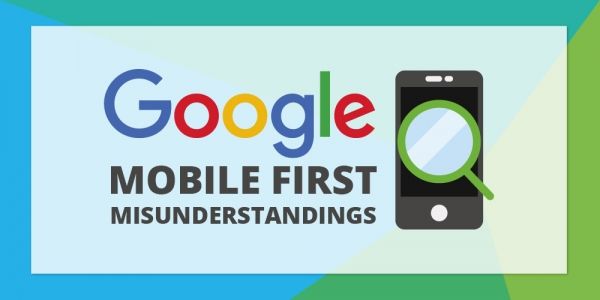


Chrome To Label HTTP Websites As Not Secure
From July 2018, Google Chrome is to label HTTP (without an SSL certificate or similar) websites as 'Not Secure'.
This has evolved from the Chrome update in September 2016, advising that HTTP website requesting sensitive information (i.e. passwords or credit card details) would be labelled as insecure. From July 2018 onwards, all HTTP websites (sensitive information or not) will be labelled 'Not Secure' in Google Chrome.

This new update furthers Google's long term objective to improve online security.
What is HTTPS?
A HyperText Transfer Protocol Secure (HTTPS) provides extra security between a website server and the user's web browser, via a Secure Socket Layer (SSL) certificate or similar. The HTTPS connection ensures the safe transfer of data by encrypting all data sent or received, and protecting user data against unauthorised third part access.
Taking Online Safety Seriously
According to Google, over 68% of Chrome traffic on both Android and Windows is now protected, whilst over 78% of Chrome traffic on both Chrome OS and Mac is protected too. This shows that many webmasters are taking online safety seriously, with 81 of the top 100 websites on the internet using HTTPS by default.
Warning Signs
Chrome's update will help users understand that HTTP websites are not secure, and continue to move towards a secure web with HTTPS as default. Google did warn about the eventual treatment of all HTTP pages in Chrome back in September 2016.
How Does It Affect My B2B?
If your B2B website doesn't have an SSL certificate, your search rankings could potentially drop. HTTPS has been a Google ranking factor since August 2014. Furthermore, if users notice the 'Not Secure' label in their web browser, this could discourage them from enquiring due to reduced trust and confidence in your online security.
Want a secure B2B website?
Speak to our specialist team today.
Increase your leads with Robust SEO

Our SEO is completely aligned with Google’s values. No tricks, smoke or mirrors, just a pragmatic approach that ensures you don’t fall foul of search engine algorithms and build your natural traffic for targeted keywords.
Discover Robust SEO



